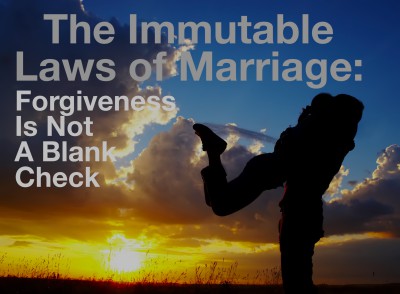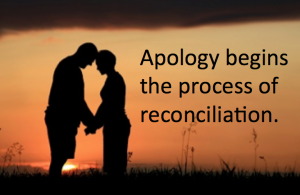Why Forgive?
https://savethemarriage.com/stmblog/wp-content/themes/corpus/images/empty/thumbnail.jpg 150 150 Lee H. Baucom, Ph.D. Lee H. Baucom, Ph.D. https://secure.gravatar.com/avatar/669b7e375d93f77521ddaba08adb8063?s=96&d=blank&r=pg People hear me talk about forgiving (I wrote a book on it). Then they ask, “why should I have to forgive?” Ironically, my point was that forgiving frees the forgiver.
People hear me talk about forgiving (I wrote a book on it). Then they ask, “why should I have to forgive?” Ironically, my point was that forgiving frees the forgiver.
I tackle forgiveness in-depth for this week’s podcast. In fact, I give you a 6 step process of how to forgive. But of course, this is only helpful if you think you want to forgive. I start the podcast by clarifying what I mean by forgiveness, and why I think it is so important. (Hint: not forgiving is like having a systemic infection that will eat away at the rest of your life.)
The catch is, as C.S. Lewis said, “Everyone thinks forgiveness is a lovely idea until he has something to forgive.” When we have been injured, the idea of forgiving is not philosophical, and it can feel overwhelming.
Join me as we explore why to forgive and ways to forgive.
RELATED RESOURCES:
Why Apologize
How to Apologize
Book: The Forgive Process
Program: Save The Marriage
Podcast: Play in new window | Download
Subscribe: RSS

